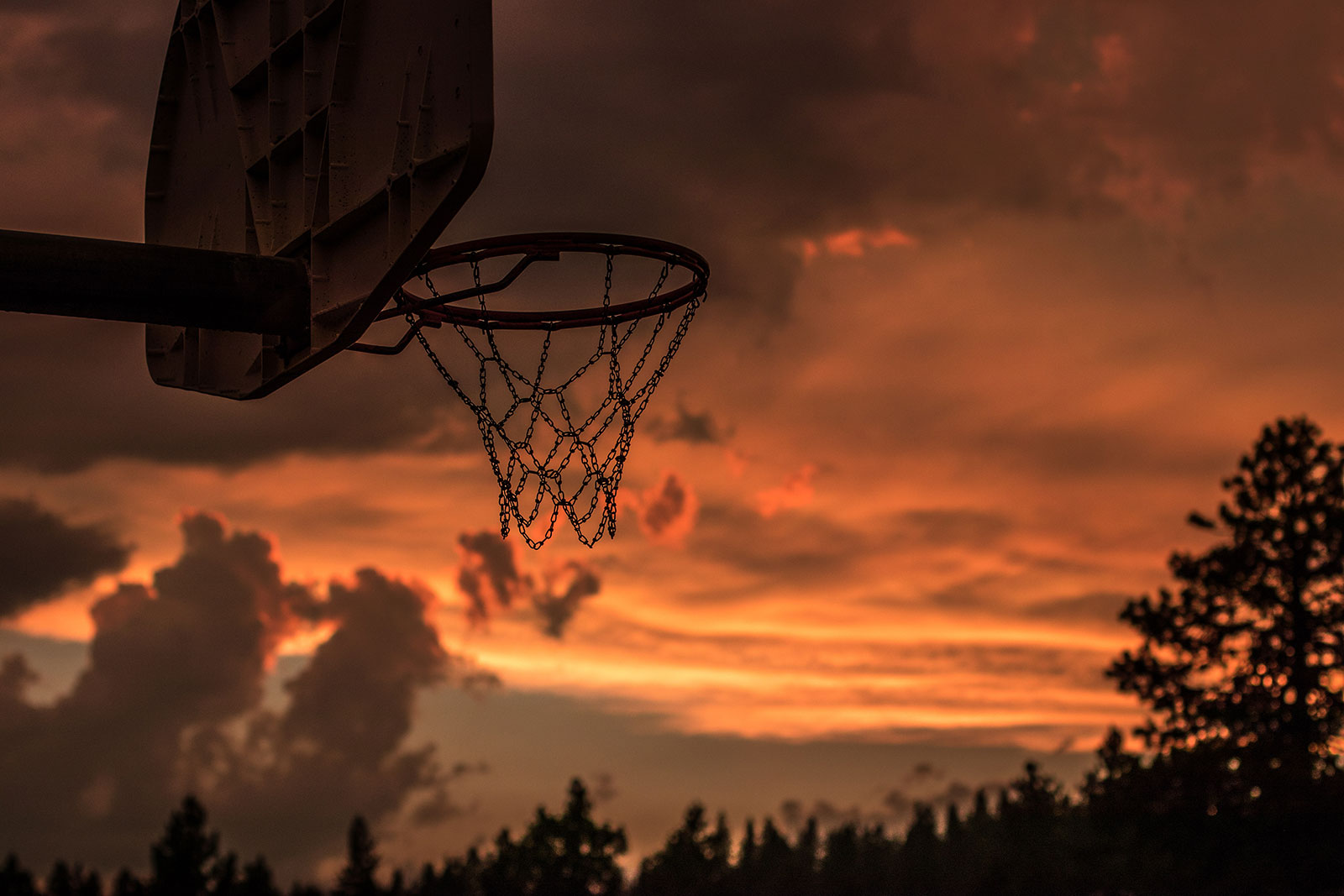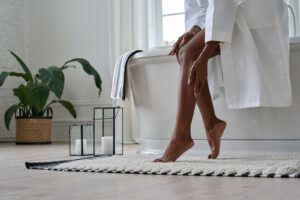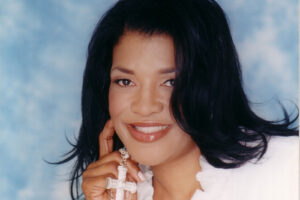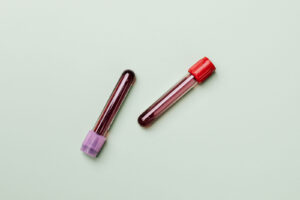I was thirteen years old when I first learned I was dying.
My health care team had exhausted all efforts to stabilize my body over the previous ten days in the ICU, and my family desperately prayed for hope by my bedside. Obviously, this was not how any of us planned to gather over Thanksgiving.
Three months earlier, I was diagnosed with Ewing’s sarcoma. I was a vibrant, self-assured teenager involved in more sporting and extracurricular activities than I could count on both hands. I did not have a care in the world besides the frizz in my hair, who would be attending whatever upcoming social gathering, or how well I performed on the field. I was happy and healthy—at least on the outside. Everything changed on August 28, 1995.
My pediatrician noticed a tiny bump during a routine physical; it turned out to be a grapefruit-sized tumor hiding in my rib cage. All my plans—to attend my friend’s birthday party that weekend, to start eighth grade in a few months, and to play varsity basketball—were cancelled in an instant.
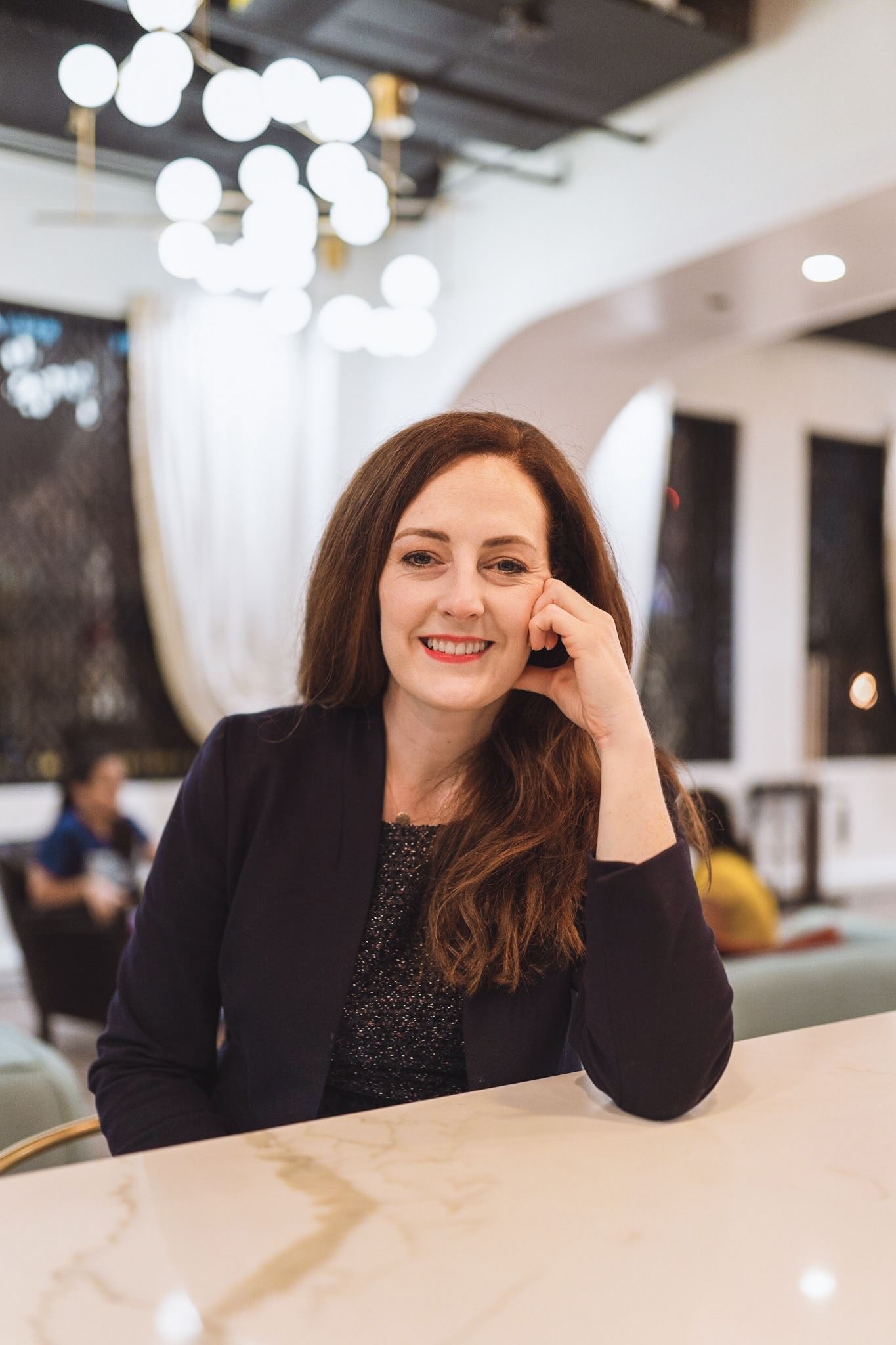
A 25-year cancer survivor, Kathleen Brown is the Founder & CEO of buddhi, a wellness registry curated to reduce stress for you and the cancer fighter you love. Prior to this, she raised funds for cancer treatment and research working in corporate development and as a patient ambassador and volunteer for St. Jude Children’s Research Hospital starting in 1995. She lives in the West Loop of Chicago with her sister and dog-ter Penelope and is always dreaming about her next adventure and concert experience.
I was 36 years old when I realized that we are all dying. Before she passed away from Ewing’s sarcoma earlier this year, the late Fatima Ali of “Top Chef” fame wrote in Bon Appetit, “It’s funny, isn’t it? When we think we have all the time in the world to live, we forget to indulge in the experiences of living. When that choice is yanked away from us, that’s when we scramble to feel.” While we cannot know what life has in store, it is up to each one of us to truly make our time count. I know that I still have more gifts left to give.

